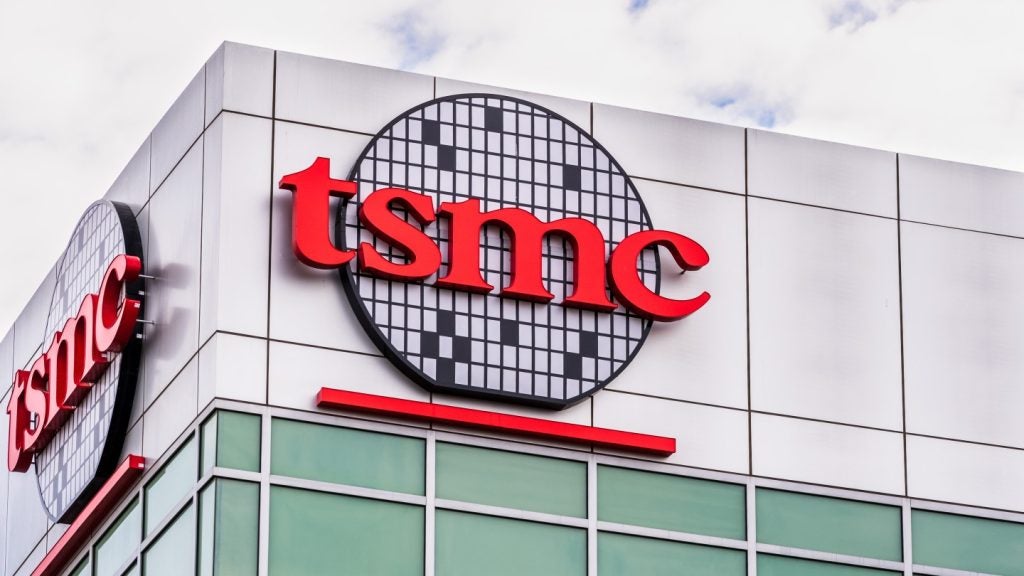
Paris-based cryptocurrency market data provider Kaiko will move its Asian headquarters to Hong Kong from Singapore as it sees growing opportunities amid the city’s recent regulation changes toward digital assets.
Kaiko’s announcement reverses the recent trend of companies leaving Hong Kong for Singapore, due to the former’s political instability. In 2021, for example, the number of US businesses with regional headquarters in Hong Kong fell to an 18-year low, and this trend is by no means limited to US companies.
Meanwhile, major headlines were made when Hong Kong’s troubles led German multinational BASF to move its regional division to Singapore in early 2022 (as part of a wider trend of declining foreign direct investment to China).
Hong Kong has already lost swathes of talent. In just the first half of 2022, for example, some 130,000 residents fled. This downward trend is nothing new, beginning in 2020, a year that saw a 1.2% population decline, the biggest drop in at least six decades. As people realised that the city’s Covid measures were there to stay, the brain drain gushed even more. It is not just Hong Kong’s large expat population that is leaving. Chinese residents are too.
In the first three quarters of 2021, 88,800 Hong Kongers applied for British National (Overseas) visas. Thousands of others, locals or expats, are relocating to safer locations in the region.
“I am seeing, with regret, a flight from Hong Kong to Singapore, which guarantees more rights for finance and business,” said Stefano Petricca, CEO of Luxembourg-based Petricca & Co Capital (which relocated its Asia offices from Singapore to Hong Kong in 2022). “The city-state of Singapore today wins over the former city-state represented by Hong Kong. The international business community is moving to a port that seems safer and more independent.”
How well do you really know your competitors?
Access the most comprehensive Company Profiles on the market, powered by GlobalData. Save hours of research. Gain competitive edge.

Thank you!
Your download email will arrive shortly
Not ready to buy yet? Download a free sample
We are confident about the unique quality of our Company Profiles. However, we want you to make the most beneficial decision for your business, so we offer a free sample that you can download by submitting the below form
By GlobalDataBut Hong Kong’s efforts in cryptocurrency regulation have garnered attention. Kaiko’s chief executive officer, Ambre Soubiran, told Bloomberg that the recent changes and initiatives from Hong Kong regulators toward digital assets will draw hedge funds and asset managers as well as more capital to the city.
Hong Kong has been proposing new initiatives for the city’s cryptocurrency and digital asset sector since 2022, when it invited firms interested in providing securitised token services to pitch proposals.
In March 2023, the city’s Securities Futures Commission published draft rules for virtual asset trading platforms, including the requirement for crypto exchanges to apply for licences that would allow retail investors to trade certain large capitalisation tokens. The new licensing regime for crypto exchanges in Hong Kong is due on June 1, 2023.
“I think the overarching message [from regulators] is, yes, we recognise that crypto and digital assets are here to stay, but we want to make sure that we regulate it in exactly the same way as traditional finance and traditional financial institutions,” said Henry Chong, CEO of Malaysia and Hong Kong-based digital securities exchange Fusang, in an interview with Forkast.
The special administrative region is also looking to introduce a mandatory licensing regime for stablecoin issuers as early as 2023, the Hong Kong Monetary Authority announced in January. Other global crypto players such as Huobi Global and Gate.io have said they are applying for new crypto licences in Hong Kong.







